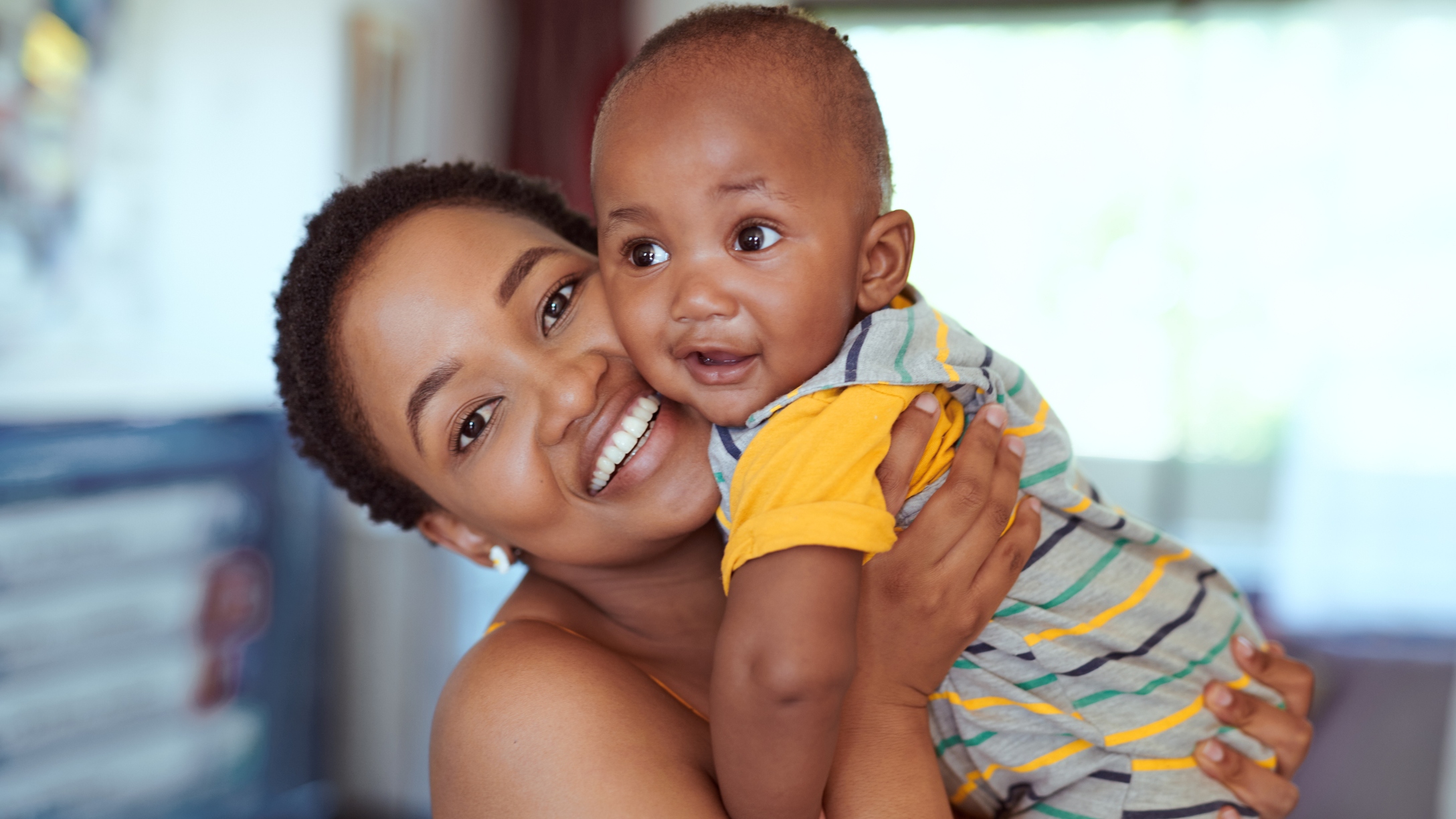
There’s no one size fits all approach to #MomLife. When considering the aspects of parenting children, both young and old, there are a million ways to handle any given topic. Whether it’s your policy on sharing and chores or how to correct problem behavior, your approach to parenting can run the gamut based on your family preferences and your children’s needs.
These seven real moms are giving us a peek into their parenting approach on some common — and sometimes stressful — aspects of being a mom.
These moms have children ranging from 3 to 17, relationship status ranging from single to divorced, and locations from Phoenix, Arizona, to Atlanta, Georgia. Prepare for an accurate picture of how real moms across the US are parenting in 2021.
Mealtime
Erin Haley (3 kids — 8, 12, 15): We cook 95% of the time. We don’t enforce clearing their plate. We want meals to be enjoyable and for them to learn about portions and balance.
Whitney Beatty (2 kids — 3, 5): My husband or I cook five to six nights per week. Everyone has to eat the same thing — I can barely get one dinner together, let alone multiple!
Karen Norris (1 kid — 17): No, we don’t cook every night, but when my son was little we did.
Caitlin Stephens (4 kids — 5, 8, 10, 16): I generally cook five to six nights a week. We don't usually have dessert. I really try to keep dessert as a special treat we have once a week or so.
Dayna Anderson (2 kids — 7, 9): We cook four to five times a week and always eat together as a family. We will adapt the meal for their sensory issues.
Summer Hollis (3 kids — 4, 4, 7): I like to serve a little bit of dessert with their dinner; it makes it less of a rush for them to finish their meal.
Ashley Havis (1 kid — 10): I cook three times a week, and I live for leftovers, because it's less time “working” and more family time.
Allowance
Erin: We recently went on vacation and gave a vacation allowance to each of our kids, established debit cards for our older two, and allowed them to learn the ropes of online banking.
Karen: I give my son a very small allowance. Anything else he wants, he must work for, which would be things around the house.
Caitlin: We give the kids an allowance, but they have to complete their "daily duties" in order to earn it.
Dayna: I usually pay for what they need, but if there’s something extra they want, like a new Lego set, they know to save their “poop duty” cash for it. (We have dogs, so they take turns cleaning up!)
Ashley: I have a savings account set up for him as well as an investment account. Any gifted or earned money goes into his savings, and I make regular contributions to the investment account.
Chores
Erin: In our family everyone plays their part. We want our kids to identify when help is needed, instead of focusing on a set task and ignoring others.
Karen: If I tell my son I need help, then he helps. It's so much nicer than tracking a chore chart.
Whitney: They mainly pitch in when needed.
Caitlin: The kids all have set daily chores, which we generally keep the same. The kids all started doing very small chores as soon as they understood responsibility.
Dayna: They are expected to keep their bedrooms and shared bathroom clean. The 9-year-old is learning to do her own laundry right now.
Summer: I just ask them for help when needed! It’s a collaborative effort over here.
Ashley: We don’t use the word “chores”; I prefer to think of it as personal responsibility. He only needs to pick up after himself, clean his room, and help others as needed.
Bedtime
Erin: We have set bedtimes for our kids and adjust slightly during summertime and weekends.
Whitney: Bedtime is around 8 to 8:30 every night, and we don’t let them have TV or any electronics in their rooms.
Karen: Yes, my son has a bedtime on school nights, even at 17.
Caitlin: My 16-year-old son has ADHD, which led to years of fighting about bedtime and insomnia. Now, all of our kids lie down around 9 o'clock, but it took many years to get them on this schedule.
Dayna: Their set bedtime is around 8 p.m. every night. Both kids need 10 to 11 hours of sleep every night, or else they are CRANKY.
Summer: They’re in bed by 8 p.m.
Ashley: My son has a bedtime and a bedtime routine to help him wind down during the week.
Sharing
Erin: Family, we always share. But playmates, acquaintances, or random kids in the park — no. I don't force that.
Whitney: We encourage sharing and playing together, but we also encourage them to recognize that they can’t “claim” someone else’s stuff.
Karen: I told my son that if he had a toy he didn't want to share, he needed to put it away somewhere before his friends came over. Otherwise, it was fair game.
Caitlin: I do encourage our kids to share, but if they either have something new, aren't ready to share yet, or are feeling nervous, I don't push it.
Dayna: We’ve always taught our kids that they can decide to share or not.
Summer: I don’t teach them they have to share, but they do need to take turns. As an adult we aren’t expected to hand things over just because someone else wants them, so I don’t teach my kids sharing like it’s typically taught.
Ashley: As an only child, this has been a challenge. I’m trying to take the conscious parenting approach, so I do let him decide and hope he can nicely communicate why he may/may not want to share.
Homework
Erin: I give them a bit of a break after school, and then I ask them to get it done before dinner.
Karen: I'm all for breaks between school and homework. We often played catch while practicing spelling words or basketball while talking about history questions.
Caitlin: When our kids either get home from school or end their daily virtual learning day, I let them take a break for a little bit so they can decompress. I think it's really important to give them a little break before they go back into lessons.
Summer: My oldest gets a break when school is over. But she needs to do her homework before watching TV.
Correcting Behavior
Erin: We have a very frank discussion on why it was wrong and how we expect it to be resolved.
Whitney: We do timeouts in the immediate moment, then talk about the situation later when everyone is calm.
Karen: I'm a big fan of natural consequences, but sometimes figuring out what those are is tough.
Caitlin: Generally having a discussion about their behavior and taking away something they value (electronics) is the best remedy.
Dayna: Correcting behavior is such a tough parenting thing! Both kids are different in how they respond to consequences.
Summer: Generally I try to remove them from the situation or redirect them. Then, once they’re calm, we talk about what happened.
Ashley: We’re still figuring this out the conscious way. Currently, I start with an ask, then a command, then I may take away something or suggest a timeout depending on the behavior. Finally, we’ll have a discussion.







